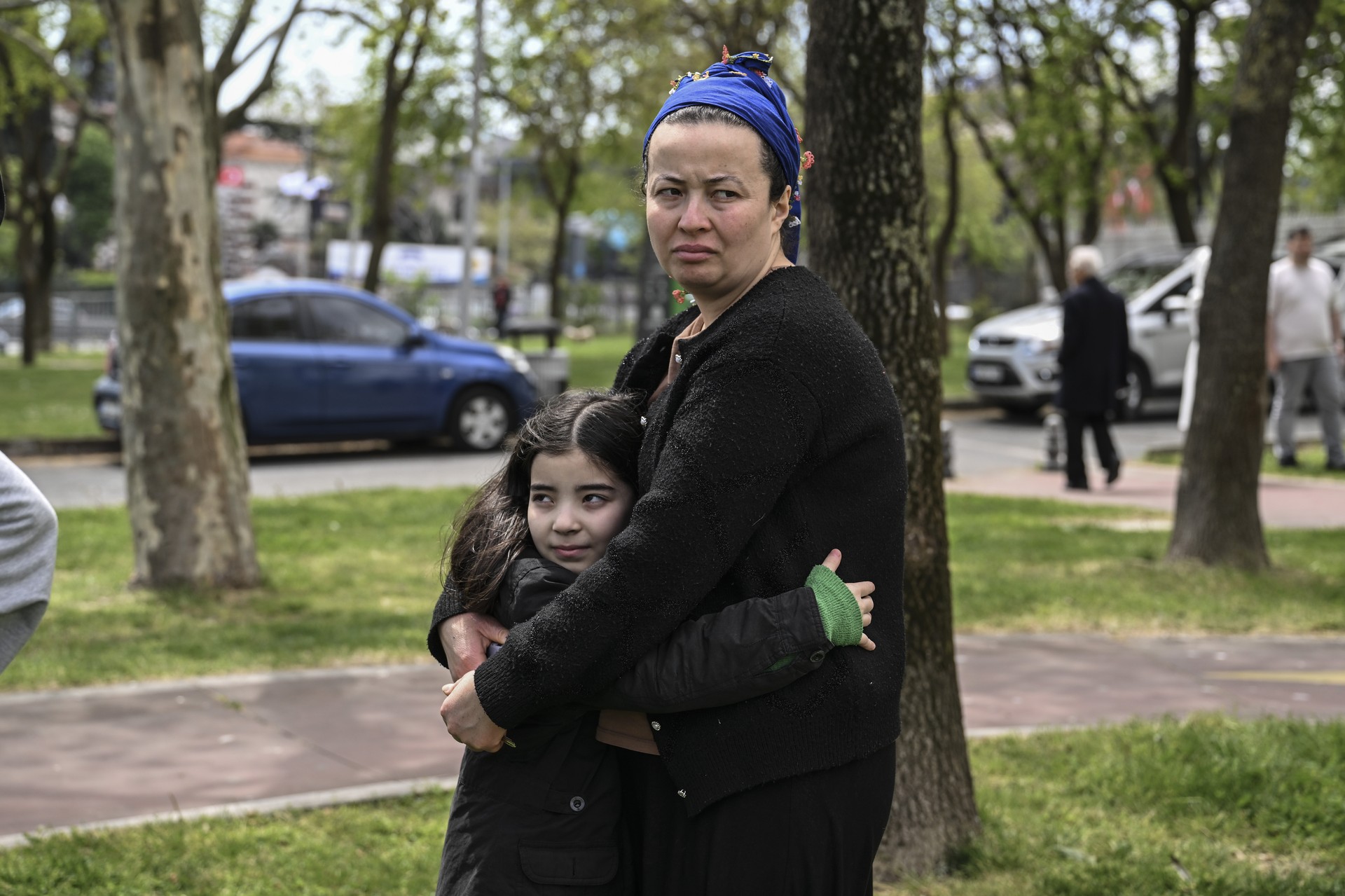
Istanbul experiences threatening earthquakes from time to time that demand immediate attention. Istanbul remains under constant danger from earthquakes because as its seismic risks transform from numbers into approaching deadlines. Day-to-day heroes who play the roles of mothers and primary caregivers will determine essential aspects of how society survives when disaster strikes, despite existing emergency protocols and construction regulations. The crowded high-rise neighborhoods of this bustling city make it essential to ask if we have properly prepared for unexpected emergencies.
All mothers in Istanbul have gone through this experience at least once when the ground beneath them starts violently shaking from something greater than an ordinary passing truck. The initial movements transform into advanced dangers during emergencies. People who manage work alongside their kids' education and multiple duties view "earthquake preparedness" as yet another addition to their lengthy to-do list. An earthquake shows no patience when it strikes.
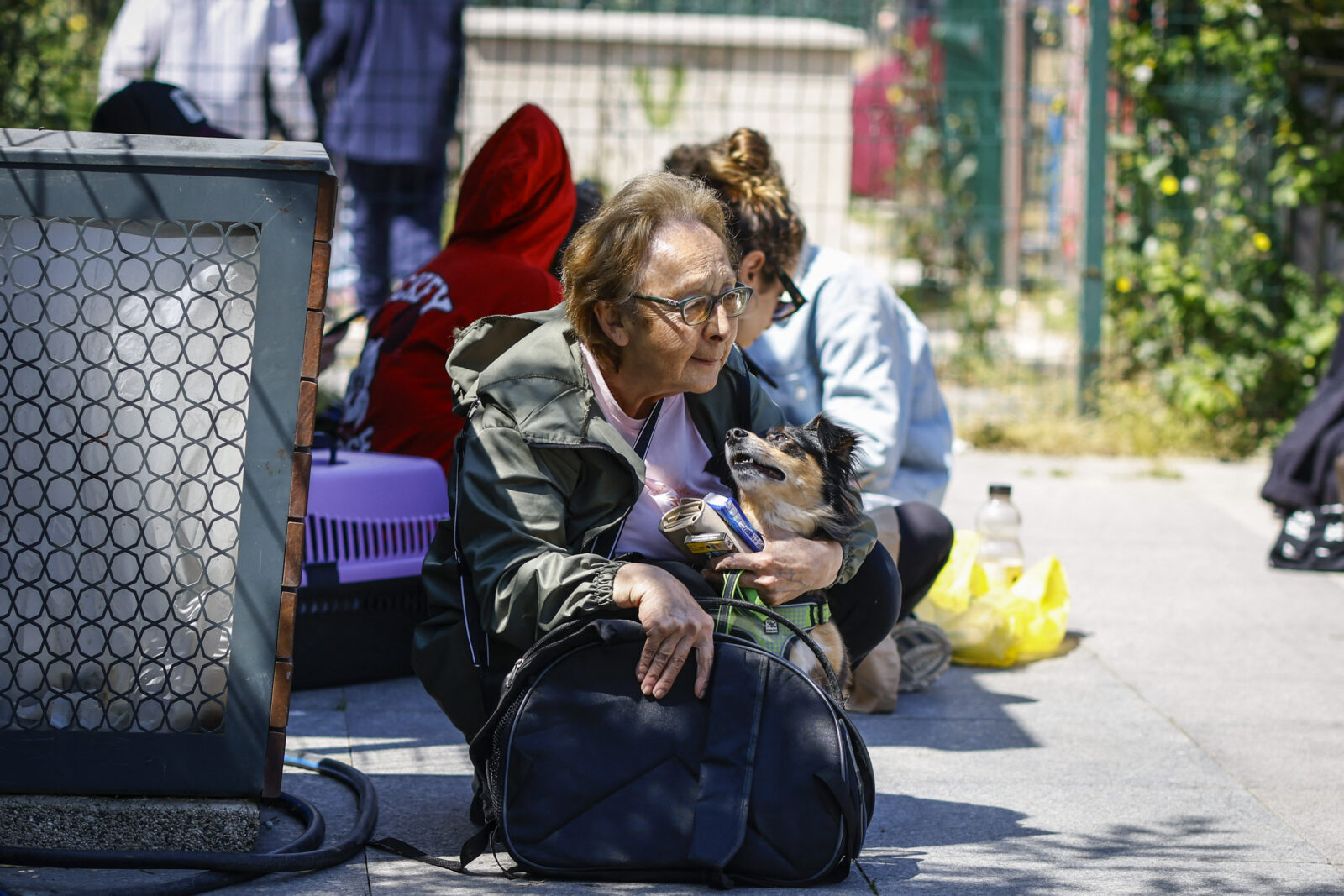
All mothers as well as fathers must devise emergency family plans (acil durum plani). Irritants aside, it is important to have emergency supplies easily accessible. People need to understand their evacuation routes before an earthquake disturbance occurs. Each household should know which area functions as their assembly point (toplanma alani) in proximity to their home. Or the safest evacuation routes? In a city notorious for its traffic gridlocks, every second counts. Local government organizations within Türkiye provide free workshops and resources about earthquake safety training for families who are new to Turkish safety protocols.
AFAD (Disaster and Emergency Management Authority) delivers safety training about emergency preparedness and earthquake preparedness to citizens through sessions available in Turkish and Arabic, besides other languages. Kizilay and AFAD materials are accessible through www.afad.gov.tr and local AFAD offices. The Turkish Red Crescent (Kizilay) provides disaster preparedness training available on www.kizilay.org.tr that includes psychological first aid services for vulnerable groups.
An earthquake serves as an elusive and frightening concept for most young children. Adults grasp danger better and understand the situation but children experience only terror when the ground begins moving. Preparation reaches an emotional level beyond the realm of practical equipment since it must embrace readiness of mind.
Children need to learn the essential earthquake safety protocol of “Drop, Cover, and Hold” as soon as possible. These steps become less frightening to handle when practiced frequently. The main thing to accomplish is training, which must occur without fear. Make it a game. The drill becomes an exciting, low-pressure project. You should practice these security steps while they mimic actions with their liked toy, plus emphasize that these methods provide their protection against dangers during emergencies. Your stability while facing the unknown will send a feeling of serenity through your child because they depend on you for emotional support during uncertain times.
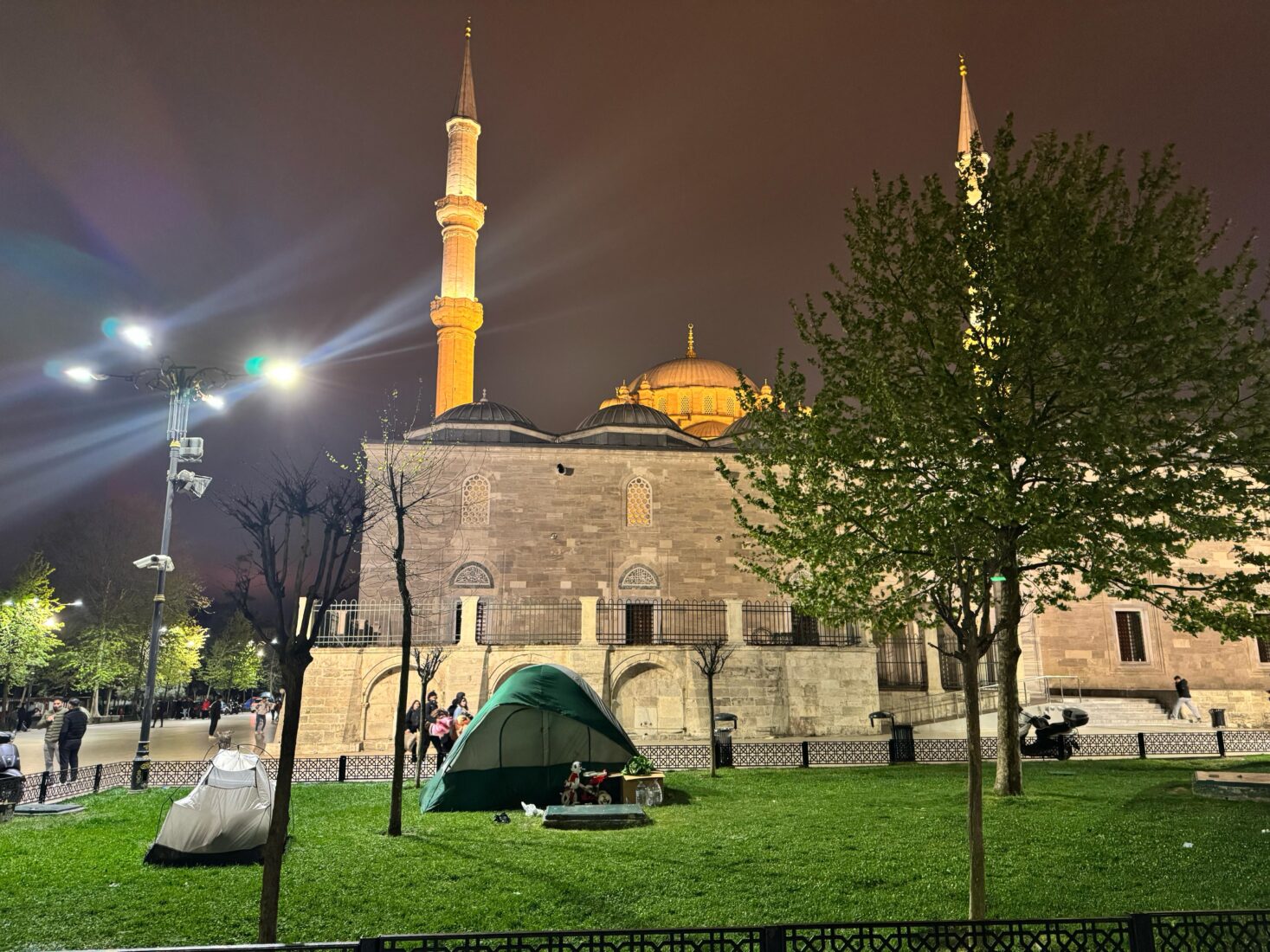
Single mothers together with migrant families in Istanbul encounter special difficulties regarding their earthquake preparation needs. Single parents who maintain busy professional schedules largely lack common social networks in place that other families normally utilize. The required preparations for natural disasters seem impossible to accomplish during these situations.
The crucial resource for disaster preparation is the community, rather than extensive financial resources or a long commitment of time. Community networks based on household neighbors and school communities, and local WhatsApp chat groups act as essential safety measures between solitary exposure and collective protection. Single mothers and immigrant families can also turn to local non-profit organizations like Istanbul Kadin Kooperatifi (Istanbul Women’s Cooperative), which provides support not only for daily challenges but also for crises.
The need for bilingual preparedness stands strong for families who migrate to Türkiye, especially when members have language backgrounds beyond Turkish. The use of emergency contact cards combined with evacuation plans, together with instructions written in Turkish and the native language, reduces confusion during stressful situations. Organizations such as the International Organization for Migration (IOM) in Türkiye provide language assistance, crisis intervention, and mental health support tailored to immigrant families.
Feel free to follow Türkiye Today's Whatsapp news channel to get breaking news and updates on earthquakes in Istanbul and Türkiye.
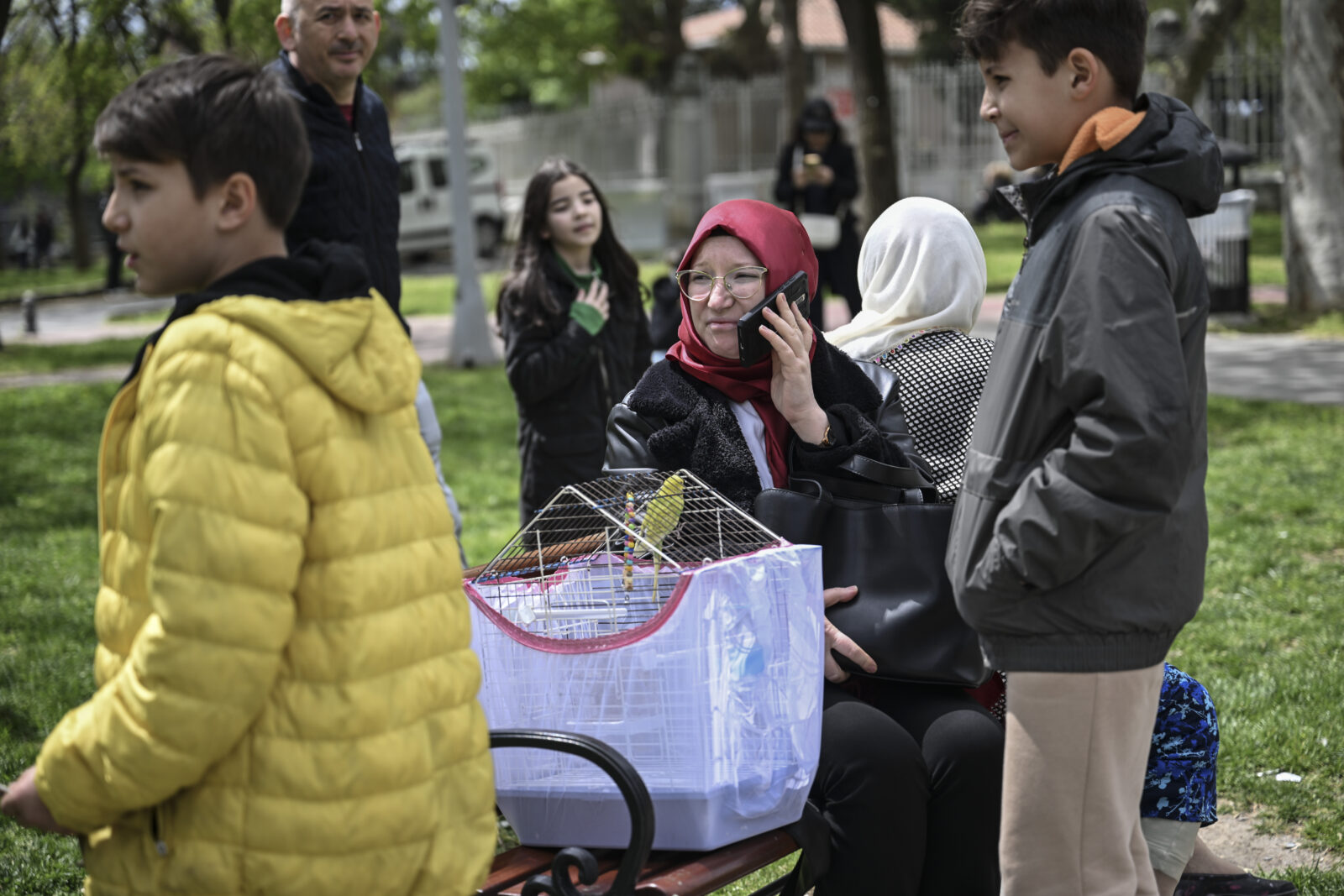
Practical emergency plans that include safety equipment and evacuation routes should be prioritized but the development of emotional strength is equally essential. Physical survival during disasters becomes second to mental durability which shields your family and especially your children from emotional breakdown.
The same importance exists between emotional first response and traditional first aid procedures. Your child will receive emotional behavior from the way you act. A calm attitude from you will cause your children to mirror your behavior during the crisis. The spread of confidence becomes measurable within situations and times that embrace crisis.
Deep breathing exercises combined with visualization techniques should be taught to your child for emotional control, since these basic methods help children maintain their composure when faced with real-life situations. The Istanbul Metropolitan Municipality (IBB) operates psychological support lines under the Psychological First Aid (Psikolojik İlk Yardım) program. Families can contact the dedicated hotline at 153. In addition, AFAD’s Mental Health and Social Support Unit has been in operation, providing short-term and long-term counseling. Families can access these services by visiting local community centers or directly contacting AFAD or Kizilay for referrals.
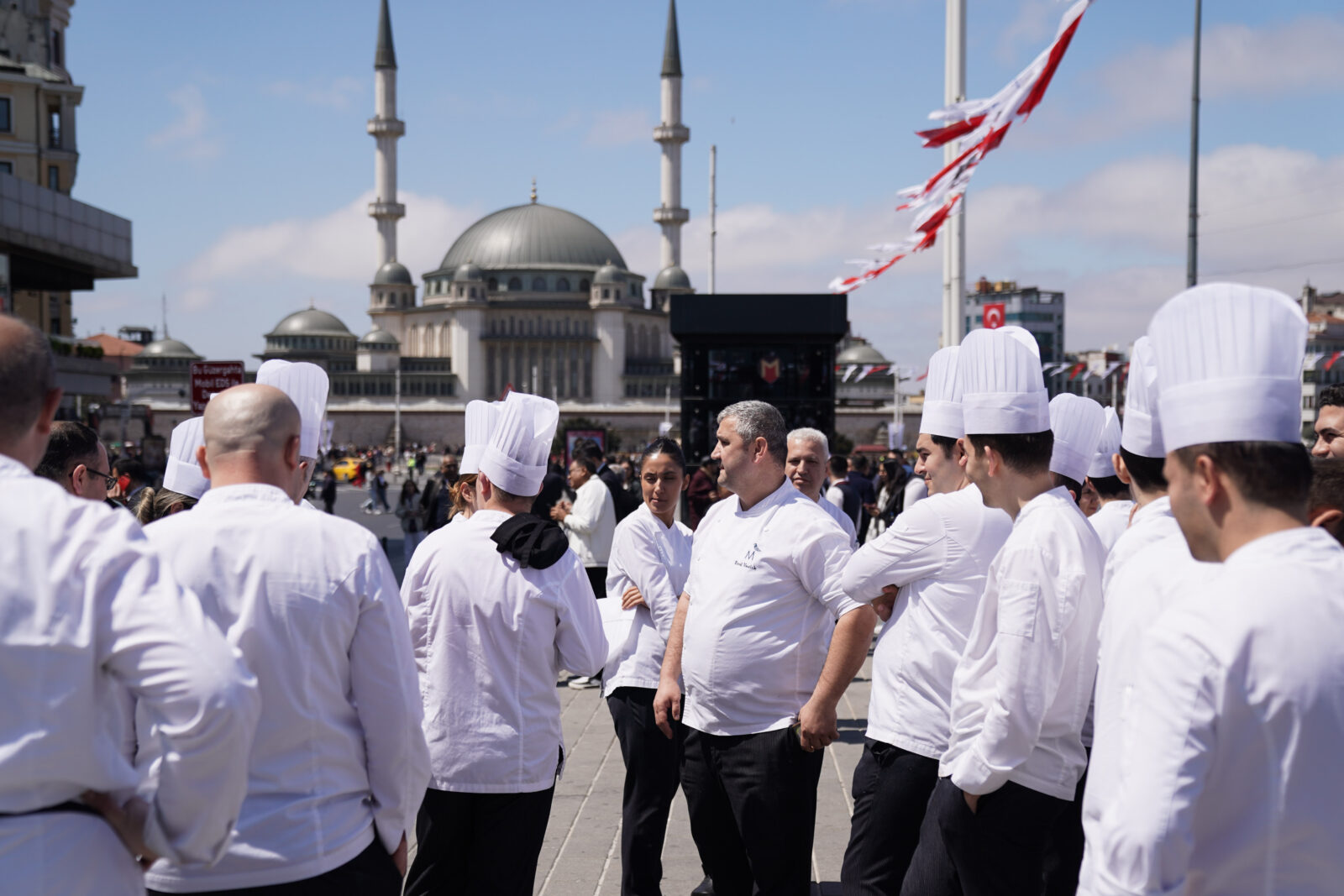
Preparedness doesn’t end with individual actions; it must be a community effort. When an earthquake strikes, we’ll all be in it together—neighbors, colleagues, and strangers alike. That’s why building community resilience is just as important as personal preparedness.
Local communities should establish interconnected groups which enable communications during emergency situations. Through WhatsApp connections as well as routine safety exercises a community support network develops to ensure each person faces the crisis together. Family and especially parents with children will use the developed solidarity as their support base.
Istanbul needs stronger infrastructure including improved buildings together with secure roads and protected schools which are crucial beneficial improvements. The foundation of survival rests neither in physical structures nor in emotional and mental structures, but in both elements working together. The survival of each person during an earthquake depends on the strength of their established connections. Our physical preparation alone might not protect us from the psychological trauma that appears after the earthquake. A prepared family consists of units that have an emergency kit combined with their ability to remain strong through all circumstances.
The residents of earthquake-resistant Istanbul find their survival against earthquakes in the skilled hands of their mothers. These guardians protect both the physical substance and emotional strength of their children when disaster strikes. The duty feels enormous, but simultaneously grants us strength. Preparing for emergencies involves strategic planning, which leads to better family safety and success through the delivery of peace of mind for all members. So, as we prepare for the uncertain, let’s remember this: It’s not just about the buildings we reinforce; it’s about the families and communities we nurture. We can’t predict when the Earth will shake, but we can be ready when it does.